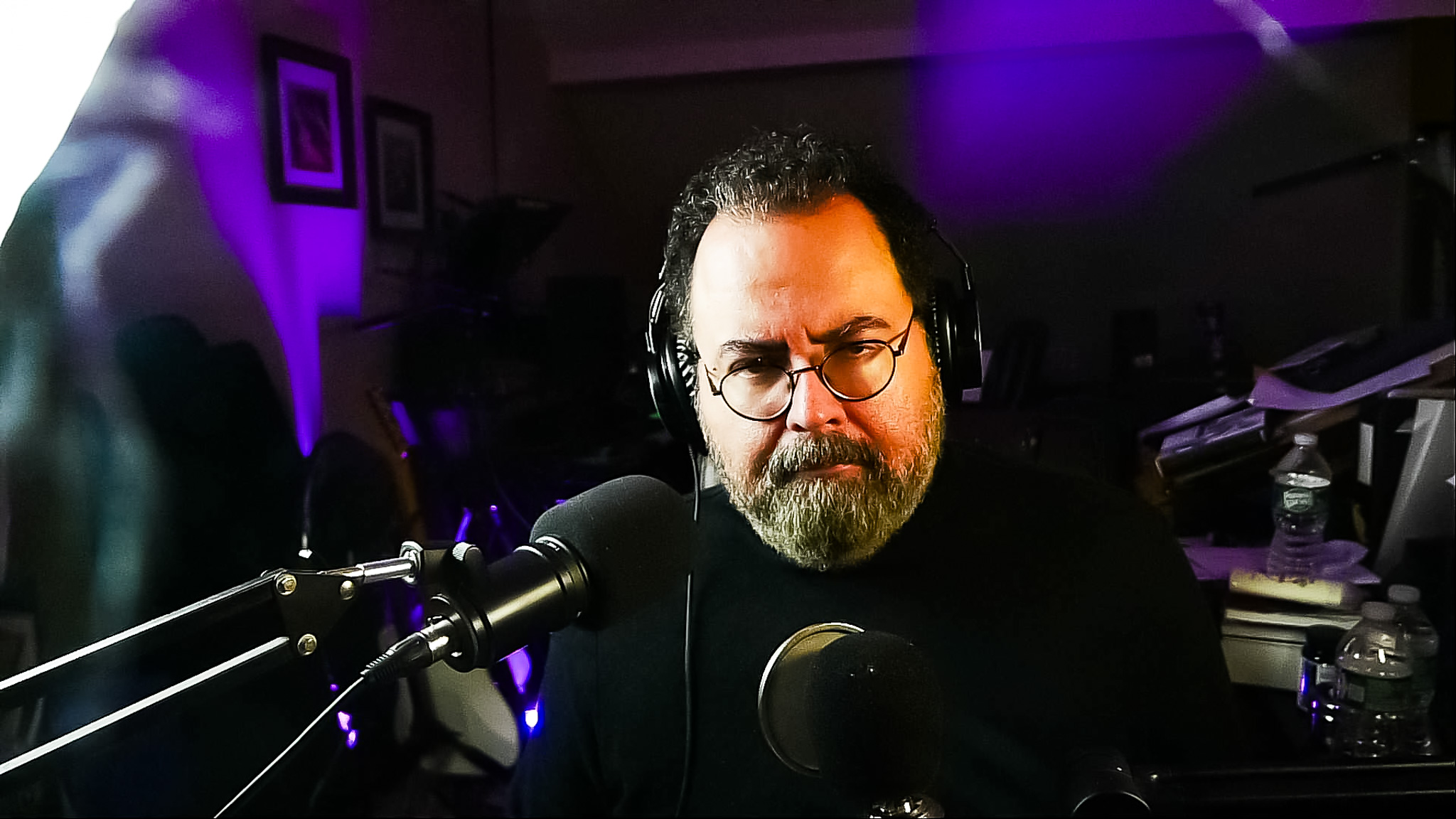
In a prior article entitled “What is Your Version of Hell?“, I wrote about the treatments of Hell in the Sacred Texts.
For Believers, it is common to cite scriptures on God’s created universe and all its natural properties and celestial bodies. Although tinged with a Biblical flavor, church goers and ministers sometimes dwell upon cosmological topics which include the stars, the planets and the infinite domains of time and space. Why? Perhaps it’s to better understand and/or explain the tangible aspects of the world created by God.
What is the True Age of Earth, Heaven and Hell?
Since no one alive can really say they’ve visited Heaven or Hell, the only secular point of controversy remains the planet known as Earth. No one can really confirm the age of the universe and thus, Earth although this topic remains hotly debated. Scientists estimate that the Earth is approximately 4.5 billion years old and they acknowledge there are over half a billion years of missing history known as the Great Unconformity.
In Biblical terms, the age of the Earth is not in-sync with the aforementioned estimate since the actual, modern day Earth is ambiguous in its description. Cursory interpretation of the Earth’s age in the Bible puts it at approximately 6,000 years. But that’s not exactly the whole story. Upon closer scrutiny of The Word, there are notable mentions of “pre-Earth” during its cosmological formation and reformations which are included within the Creation as well as several “reboots” of Earth such as the age of The Flood. Thus, even in the Bible, the age of the Earth is indeterminate per human understanding.
However, when any questions about creation arise, the creation and existence of Hell likewise rise to the surface.
How often do we hear “Why did God create Hell?” or “Does Hell actually exist?”
Depending upon your worldview, you may think you’re already living in Hell. However, is that even possible? Can anyone actually live or exist in Hell?
A Guidebook to Hell
There are really two premises needed to believe that you can live or “exist” in Hell.
- You have an idea about the location of Hell
- You have decided that you can either live an Earthly life in Hell or else exist in a post-Earth or alternate Earth version of Hell.
- You or your soul can actually “exist” after your Earthly death.
Well, it’s a bit confusing isn’t it? You didn’t really think it was this complex did you? But that is precisely why both Heaven and Hell are not as easy to grasp as you might initially think.
Think about it. The premise is simple. You postulate that you can “exist” in perpetuity, in the “nothing” of forever all while participating in a tangible reality. But can you segue between realities or are you blending your interpretations of reality?
The problem is that existing or living in perpetuity or an infinite domain such as Heaven or Hell is not possible for Earthly beings and the whole premise of existence in perpetuity is actually incorrect.
To Exist or Not To Exist
If you’re like me, you may tire of the endless debates about whether God actually exists. Likewise, how many debates have you heard on the afterlife and Heaven or Hell?
But have you ever wondered that it’s really not a question of God and His created universe and domains but rather it’s a question of what it actually means to exist. Is it just possible that there is another dimension or domain of being that doesn’t include existence?
The Living God – Fact or Interpretation…?
If you’re a Christian like me, you may believe in the inerrancy or infallibility of the Bible. Inerrancy means that the Bible is the complete Word of God without errors. Infallibility means that the “Good Book” must always be trusted. That’s a perfectly fine position to take.
You may also likely be aware that there are numerous instances where the term the “Living God” occurs in the Bible. In all instances however, the mention of God as a living god reflects the speaker’s own limited understanding of “living” or existing. Neither God nor Jesus was ever cited as using this phrase to define themselves. Thus, while the Bible can indeed be both inerrant and infallible, it does not also support that all its speakers completely understood what it actually means to “live” vs being in “presence”.
Existence vs Being or Presence
Existence is different from presence. How? First we must discuss existence as an object with properties or, to put it more plainly, characteristics. So, existence requires time and space as its characteristics. So, aging, for example, is another characteristic of existence. Anything we’ve come to know as life gets older and eventually ends or dies.
Presence or “being” is altogether different as it is not subject to aging, movement or any type of change. An example of Presence in our limited understanding is the actual universe itself. No one has ever understood or witnessed the beginning of the universe and will not either witness its end should one actually exist. And although we’ve come to know that the universe may be in a state of expansion, we’re not likely to ever understand the limits or borders to the universe. Thus, the universe in totality, does not “exist” in our fundamental understanding of the word. How can something exist whose boundaries may be infinite and thus, not limited to time nor space? The boundaries are the thing. Without boundaries of time and space, life or existence itself will remain in perpetuity.
To put it more logically, if Existence (E) requires Time (T) and Space (S) there must be another domain of reality (let’s call that Presence or P) where God “is” that can be illustrated with the following formula.
P = E minus T minus S
Following the logic here, any omnipotent God would need to be able to shuttle between E and P to effect events within the domain of existence (E).
The reason God cannot solely exist or live is that He would be subject to aging and death. He would thus, indeed have boundaries. As Christians, we know this is not the case. Therefore, we must assume that God is not solely a Living God but is rather always within Presence.
But What are the Boundaries of Hell?
And that’s the key question here. Is there a true separation between the constructs of Earth, Heaven and Hell? Is there any blending of such domains?
We know from the Scriptures that Hell was created before Earth as a place to punish the Devil and other rebellious angels. Thus, it is obvious that Hell or the Eternal Flames were created in the pre-Earth period during the Creation. The separation between Heaven and Hell therefore occurred prior to the initial creation of Earth.
That being said, per my initial question, why do so many still question whether we, all of us, are living somewhere half-way between Heaven and Hell? Many look around at the current 21st century events and think that evil still remains in great force so is Hell in a closer state of convergence with Earth.
No one can ever know whether this is the case since there have been even longer and more horrible periods in human history where many likely held the same thoughts.
What is essential to understand is that wherever and/or whenever Hell is in time, the key to prevent its victory is to seek Heaven within the Truth. The Truth is really the only thing that lives in all of us, isn’t it?














